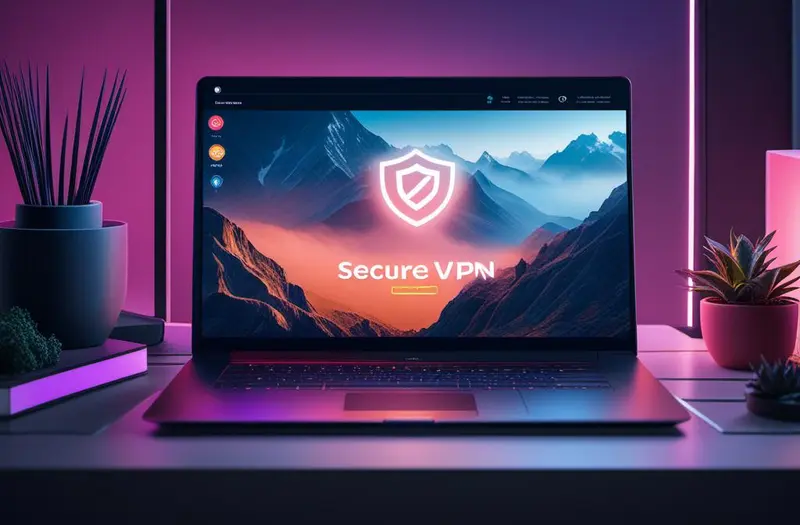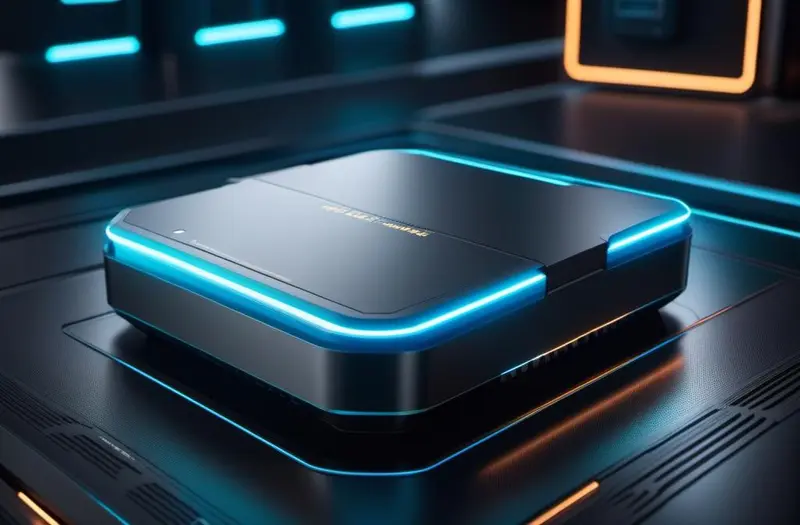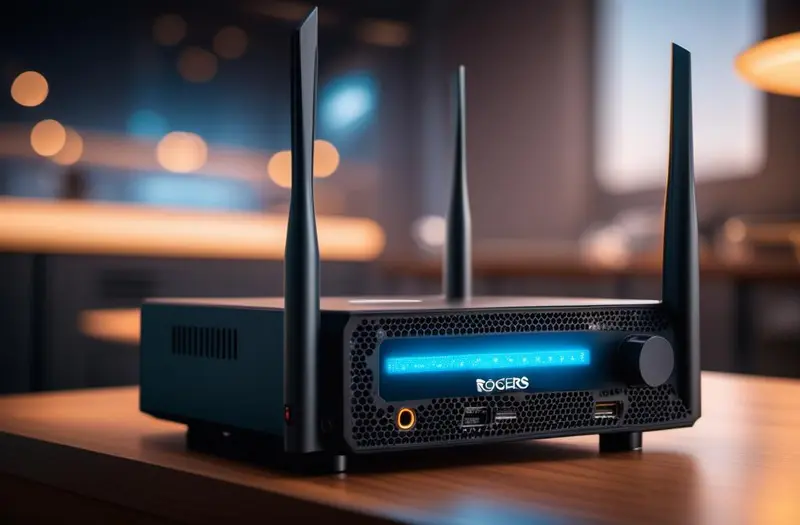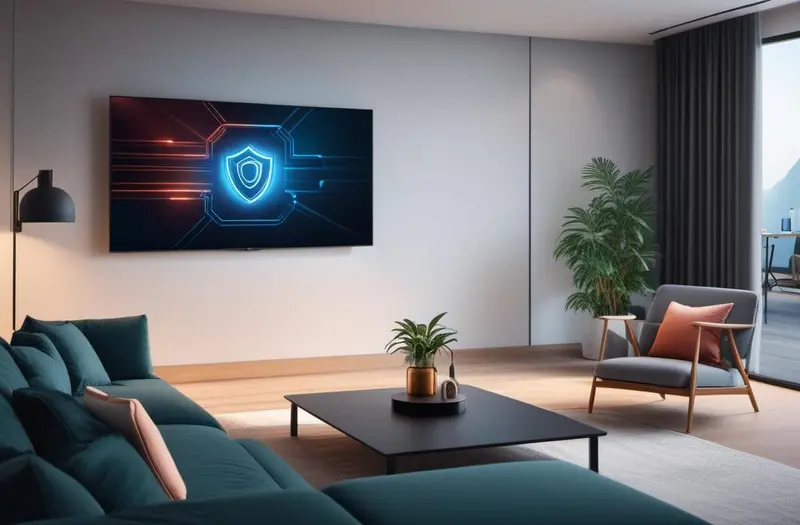Learn how to use VPN for Fanduel safely and effectively with expert tips on server selection, setup guides, troubleshooting, and maximizing performance.
How to Use a VPN for Pokemon Go Safely and Effectively
Master how to use a VPN for Pokemon Go safely with expert tips, VPN setup guides, best practices, risks to avoid, and recommended VPN features for success.
What is VPN on iPhone 13 and Why You Need It Now
Protect your data and privacy effortlessly with a VPN on iPhone 13encrypt your connection, access global content, and browse securely anytime, anywhere.
Best Country to Book Flights From VPN for Cheapest Deals
Discover the best country to book flights from VPN and unlock hidden airfare deals. Use location spoofing to save big on international travel bookings.
How to Use VPN for Cheaper Flights in 2025
Use VPNs to spoof location, compare global airfare, and unlock savings. Learn strategic hacks for booking cheaper flights in 2025 with ease.
Best VPN for TP Link Router in 2025 for Secure & Fast
Discover the best VPN for TP Link router in 2025 for speed, security, and streaming. Explore top picks, setup tips, and performance benchmarks.
How to Setup VPN on Rogers Router in 5 Easy Steps
Learn how to setup VPN on Rogers router for wholehome security, better privacy, and enhanced streamingoptimized in just 5 easy expert steps.
How to Connect VPN to Firestick from Phone in Easy Steps
Learn how to connect VPN to Firestick from phone using apps, sideloading, or casting for secure, easy streamingno PC required.
Best Free VPN for Torrenting in 2025: Secure & Fast Picks
Best free VPN for torrenting in 2025 secure, fast, nologs picks with features like kill switch, P2P support, and unlimited bandwidth for safe downloads.
How to Setup VPN for Torrenting Safely & Easily
Learn how to setup VPN for torrenting with step-by-step instructions. Stay private, avoid throttling, and protect your data while torrenting. Torrenting can be a convenient way to share and download large files, but it comes with a serious downside: privacy risks. Without proper protection, your IP address is exposed to every peer in the swarm, your Internet Service Provider (ISP) can throttle your bandwidth, and legal authorities may monitor your traffic. That’s why learning how to setup VPN for torrenting is a must for anyone who values privacy and security. Using a VPN (Virtual Private Network) hides your IP address, encrypts your traffic, and keeps your online activities private. But not just any VPN will do. You need one that specifically supports P2P sharing, offers robust privacy features, and delivers fast speeds. In this guide, we’ll walk you through the exact steps to set up a torrent-friendly VPN, configure your client, and torrent safely. What You Need Before Starting Before diving into the setup process, here’s what you should prepare: A VPN subscription: Make sure it has P2P support and a strict no-logs policy. Torrent client: Popular options include qBittorrent, uTorrent, or Deluge. Basic knowledge of networking: Understanding terms like DNS leaks or kill switch will help. Awareness of local laws: Torrenting copyrighted content can lead to legal issues. Having these essentials in place will ensure a smooth and secure setup process. How to Setup VPN for Torrenting 1. Choose the Right VPN for Torrenting Not all VPNs are created equal. When choosing a VPN for torrenting, look for these must-have features: No-logs policy: The provider should not store any logs of your activities. High-speed servers: Essential for fast downloads. P2P support: Look for VPNs that explicitly allow torrenting. Kill switch: Prevents IP leaks if your VPN disconnects. DNS leak protection: Ensures your DNS requests stay private. Top VPN recommendations: NordVPN – Offers SOCKS5 proxy and optimized P2P servers. ExpressVPN – Known for blazing speed and strong security. Surfshark – Affordable, unlimited connections, and P2P-friendly. Mullvad – Anonymous sign-up and great performance. ProtonVPN – Swiss-based with strong legal privacy protections. Personal Insight: I’ve been using Mullvad for years due to its no-frills approach and consistent performance, especially when seeding large Linux distros overnight. 2. Install and Configure Your VPN Client Once you’ve picked your VPN, the next step is to install and configure it: Download the official client from the VPN’s website. Log in using your credentials. Select a server marked or optimized for P2P/torrenting. Enable key features: Kill switch DNS leak protection Stealth mode or obfuscation (if you want to hide VPN usage from your ISP) Tip: Some VPNs offer split tunneling – useful if you want only your torrent client to use the VPN while other apps use the regular connection. 3. Test Your VPN Before Torrenting Always test your VPN before starting any downloads: Check your IP: Visit whatismyipaddress.com DNS leak test: Go to dnsleaktest.com and run an extended test. Torrent test: Download a legal test torrent like an Ubuntu ISO using a magnet link. Real-world Example: I once skipped this step and ended up exposing my real IP while seeding—lesson learned the hard way. Now, testing is non-negotiable for me. 4. Configure Your Torrent Client for Privacy To ensure your torrenting activities remain private, tweak these settings in your torrent client: Bind to VPN interface: Ensures torrenting only works when the VPN is active. Disable features for more anonymity: DHT (Distributed Hash Table) Peer exchange Local peer discovery Optional encryption: In qBittorrent: Tools > Options > BitTorrent > Enable Encryption In uTorrent: Preferences > BitTorrent > Protocol Encryption This helps avoid leaks and keeps your ISP from sniffing your P2P traffic. Read More : How to Optimize VPN for Remote Work Efficiency 5. Optional: Use a SOCKS5 Proxy for Extra Layer (Advanced) A SOCKS5 proxy can provide additional anonymity: Difference: VPN encrypts all traffic, proxy only routes specific apps. Setup in qBittorrent: Tools > Options > Connection > Proxy Server Enter proxy details from your VPN provider (e.g., NordVPN + Netherlands SOCKS5) Benefits of VPN + SOCKS5: Double protection (IP hidden twice) Optional region-specific routing Note: SOCKS5 doesn’t encrypt traffic on its own, so use it with VPN, not instead of it. Read More : How to Setup VPN for Home Network 6. Set Up a Kill Switch to Prevent IP Leaks If your VPN disconnects mid-download, your IP can leak. A kill switch prevents this: Built-in kill switch: Found in most premium VPN clients (usually under settings). Manual alternative: Set firewall rules to block all connections except through the VPN interface. Pro Tip: Mullvad and ProtonVPN offer advanced configuration for custom kill switches and firewall rules. Read More : Top 5 Benefits of Using a VPN for Digital Experience 7. Monitor Performance and Stay Safe To maintain optimal speeds and security: Choose the fastest server: Pick one geographically close Look for low latency and server load Avoid free VPNs: They often log activity, limit bandwidth, or inject ads Be aware of fair use: Some VPNs may throttle speed after heavy use Staying informed and being selective about your tools is the key to hassle-free torrenting. Read More : How to Choose the Best VPN for Your Needs Legal Considerations and Ethics Torrenting itself isn’t illegal. The problem lies in what you torrent: Legal content: Linux ISOs Public domain movies Open-source software Illegal content: Pirated games, software, or copyrighted media Be aware of local regulations. In some countries, even downloading a copyrighted file by accident can lead to fines. Ethical tip: Support creators by purchasing or donating when possible. Use torrents responsibly and legally. Conclusion Setting up a VPN for torrenting isn’t just a good idea – it’s essential if you want to stay safe and anonymous. Here’s the quick recap: Choose a torrent-friendly VPN Install and configure properly Test for IP and DNS leaks Adjust your torrent client settings (Optional) Add a SOCKS5 proxy Set up a kill switch Monitor and adapt for performance










